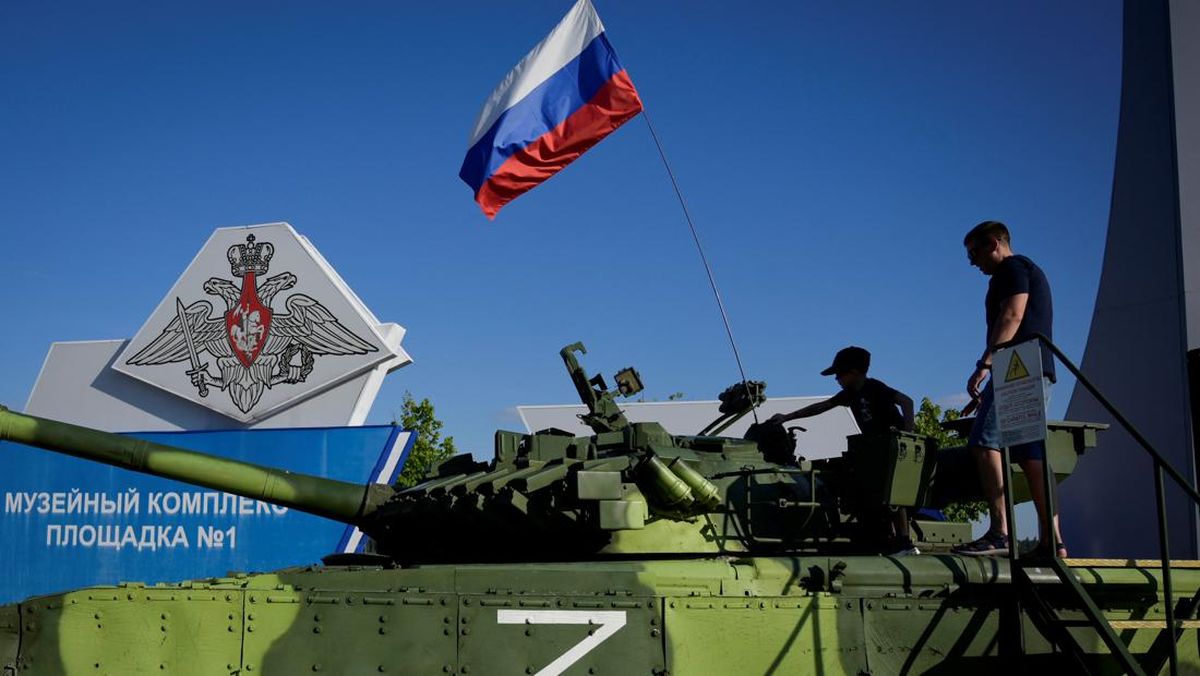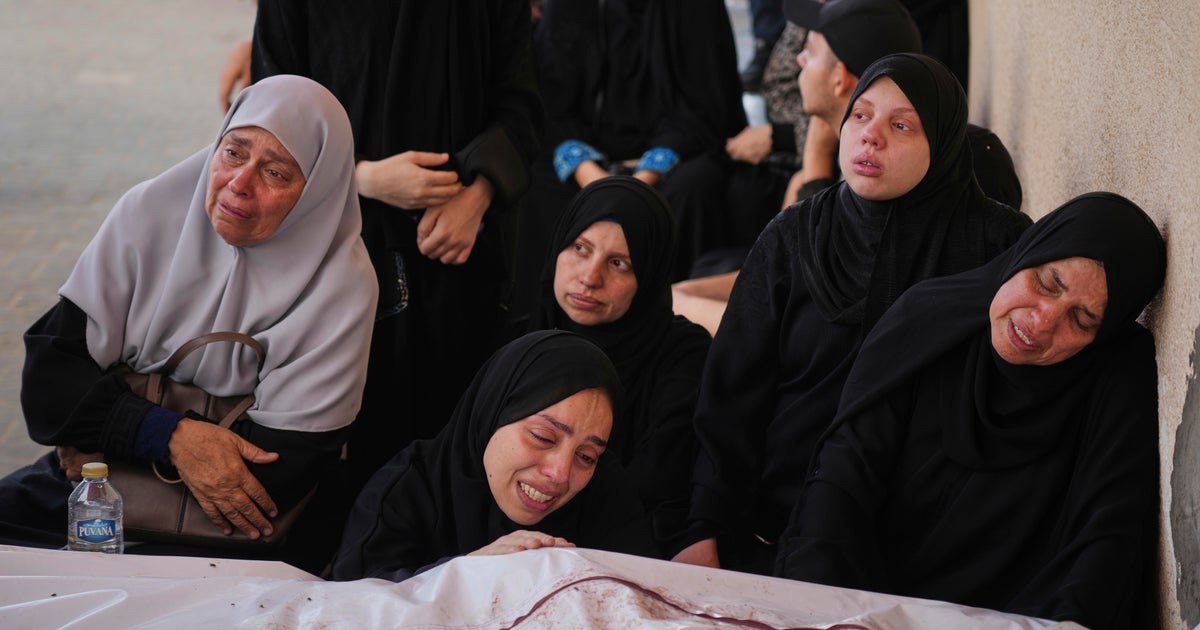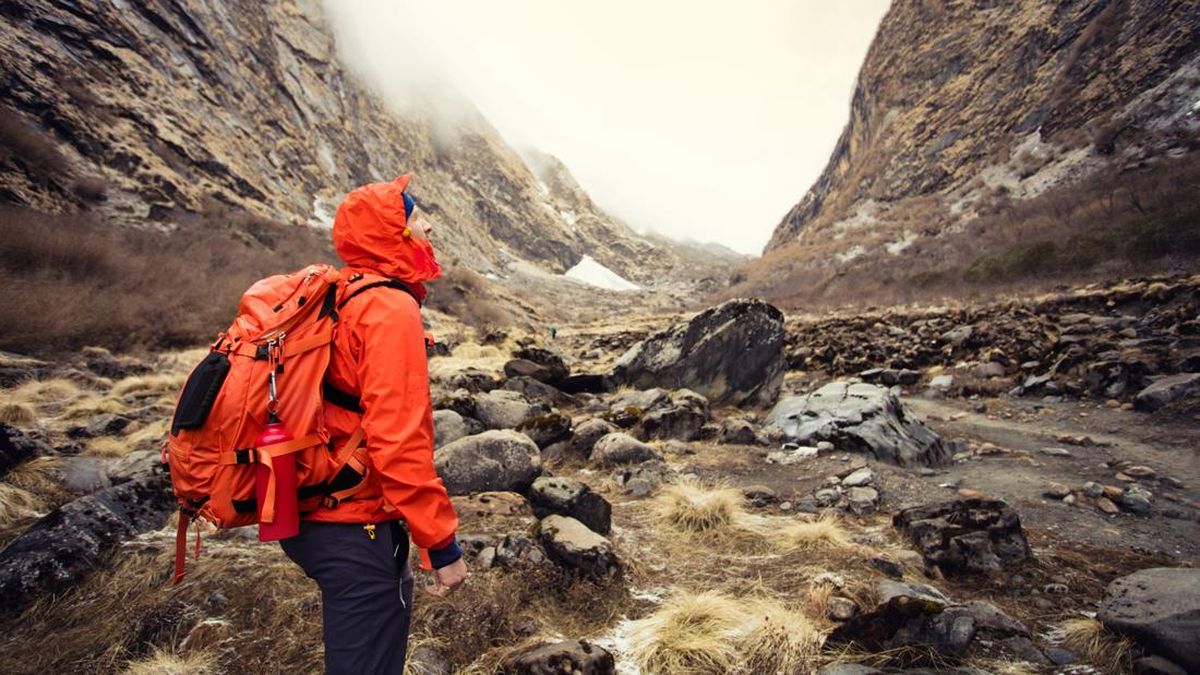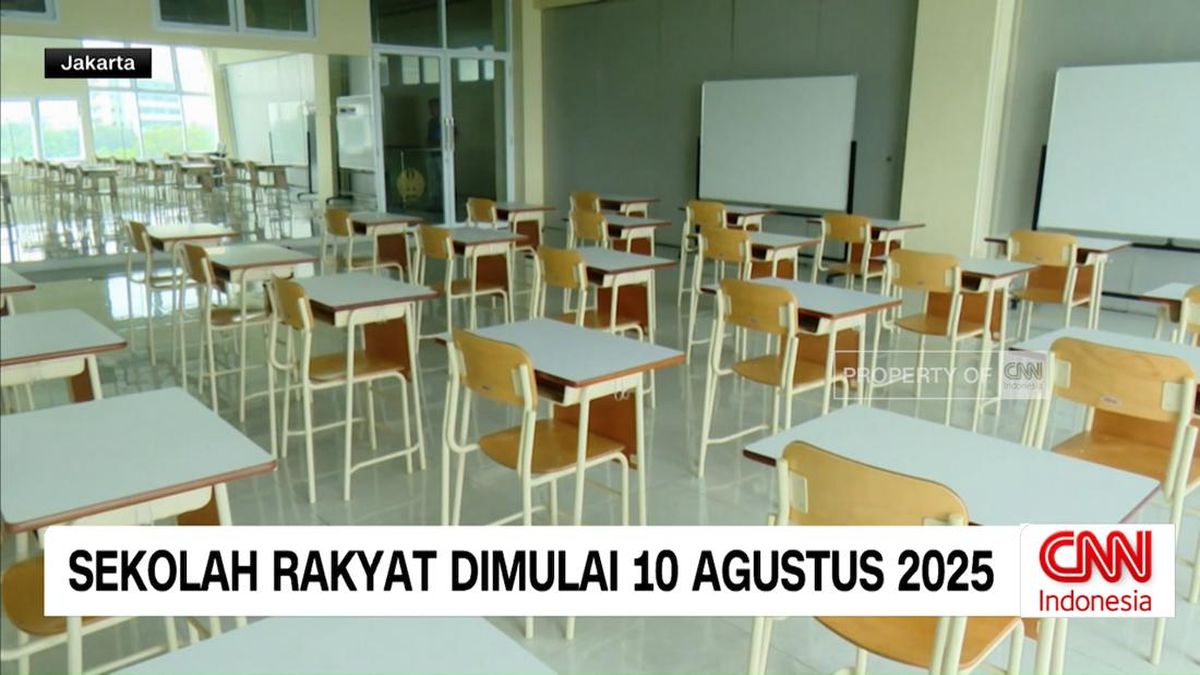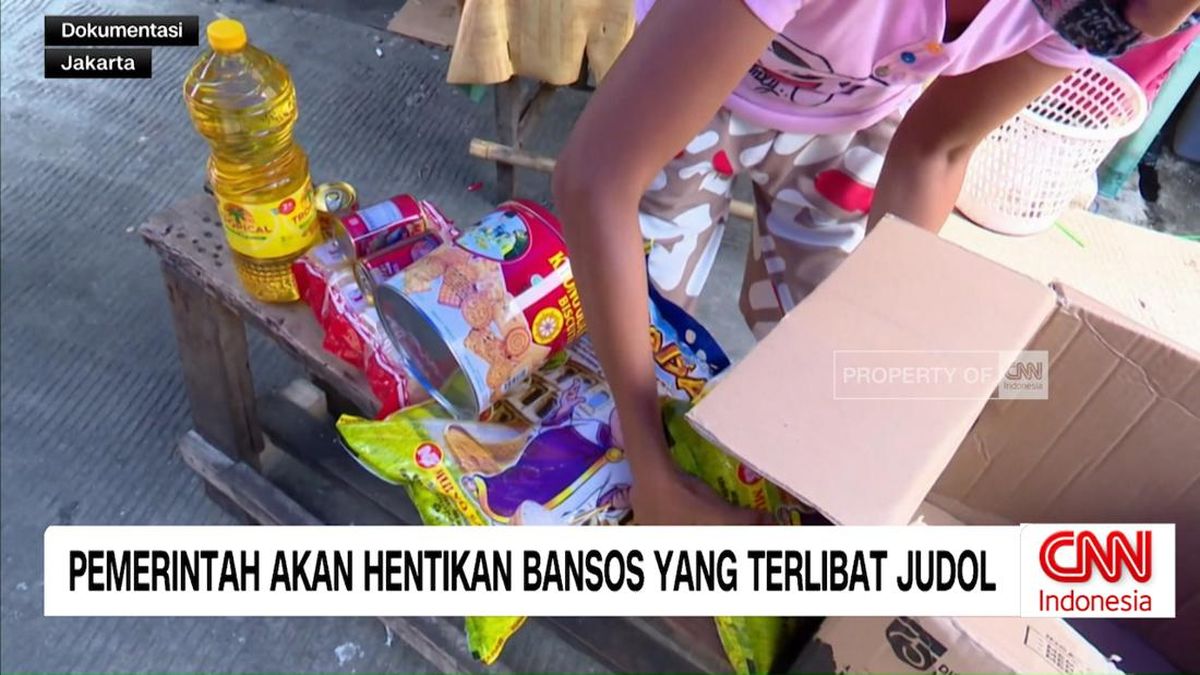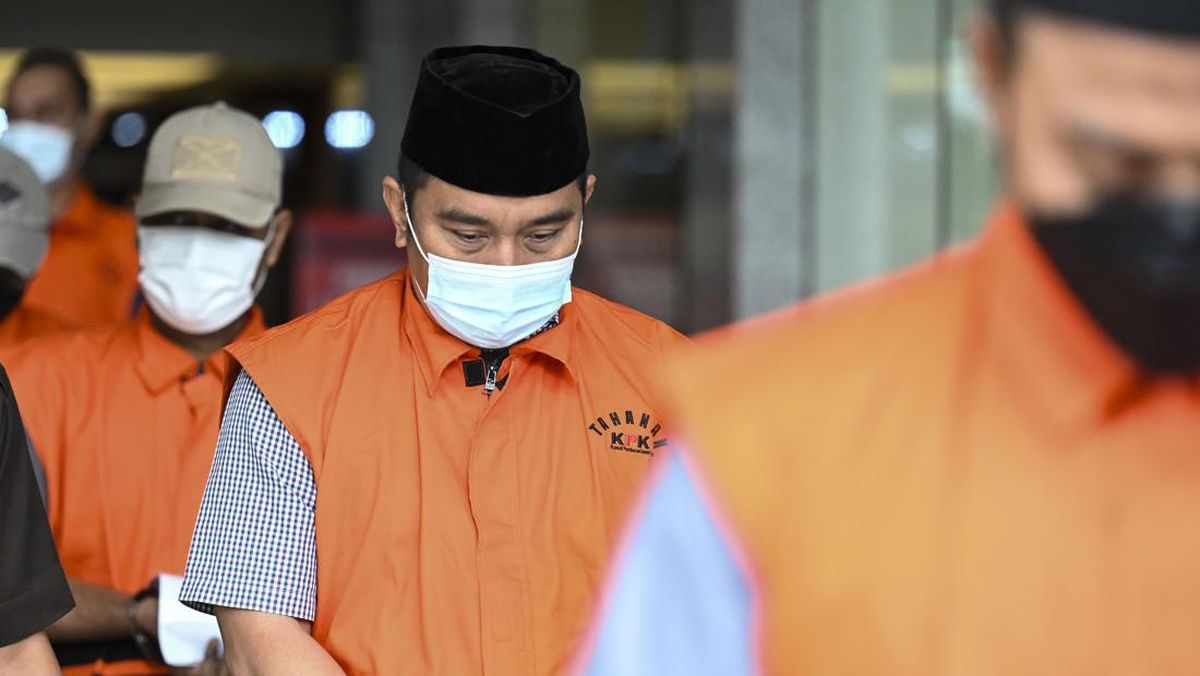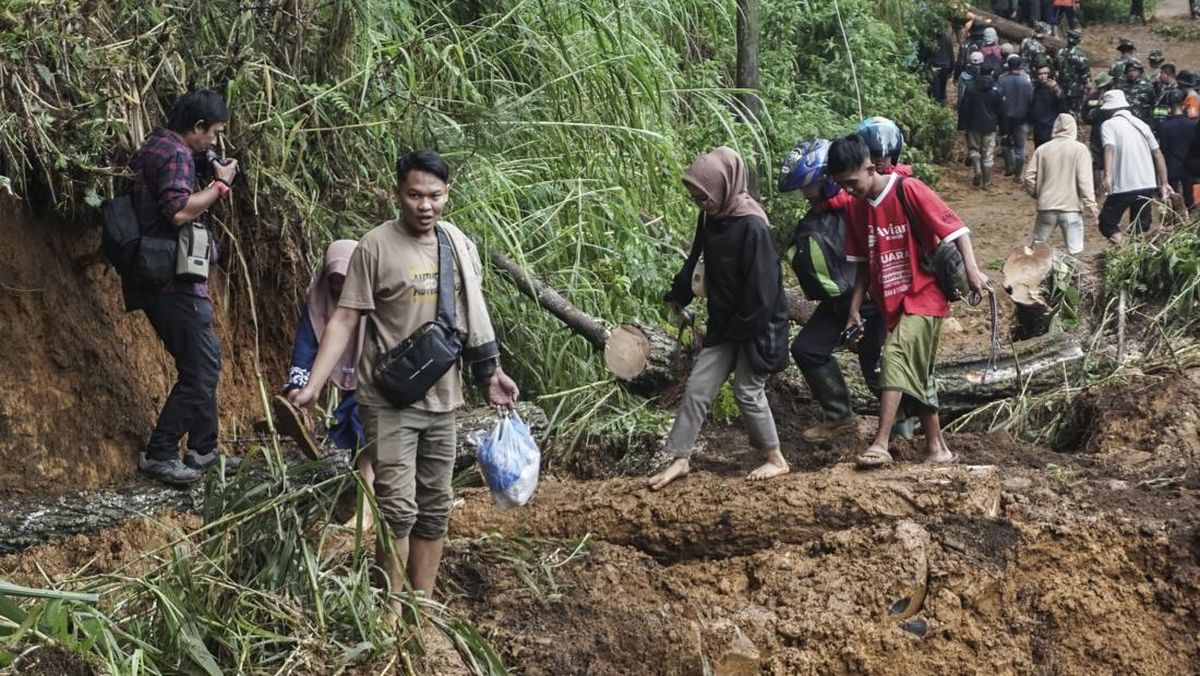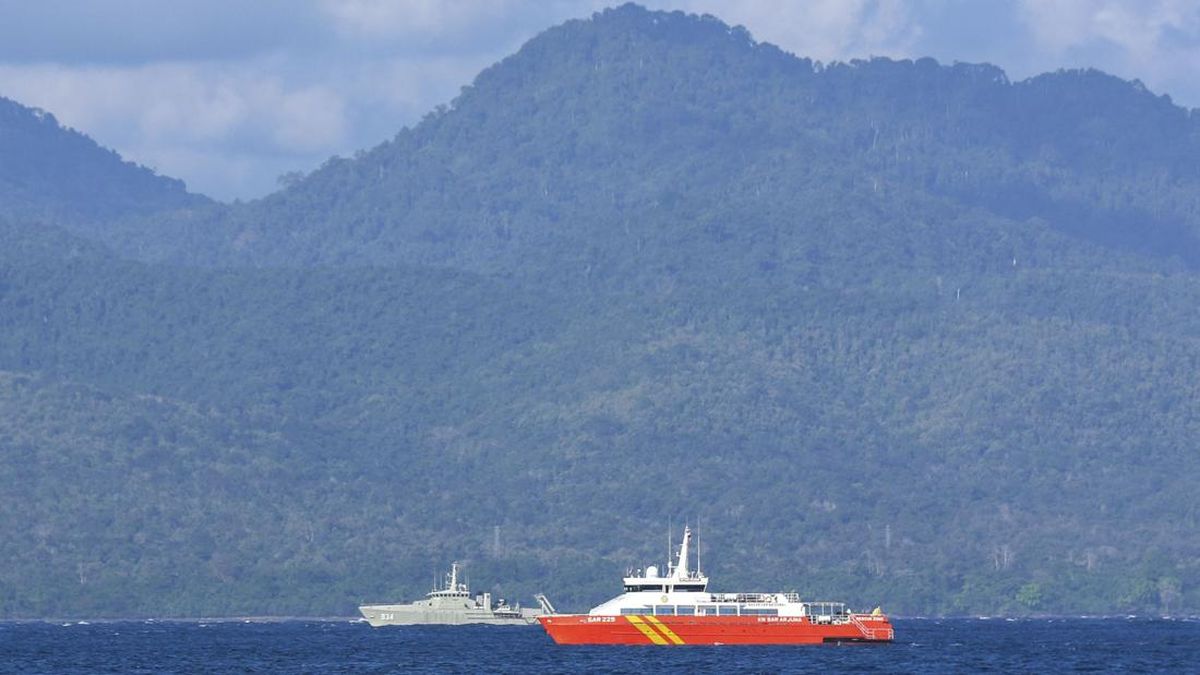It was closing in on nightfall, and temperatures were quickly dropping.
German backpacker Carolina Wilga had just spent nearly two weeks exposed to the elements in the West Australian outback, with minimal food and water, drinking from puddles and seeking shelter where possible including in a cave.

Carolina WilgaCredit: Facebook
Confused and disorientated, the 26-year-old believed she was about to spend her 12th night outdoors when, finally, she found a road.
Wilga had travelled 24 kilometres from where she lost control of her Mitsubishi Delica and become bogged while travelling on an inland route through remote bushland.
After spending a day waiting with her car, she panicked and decided her best bet was to start walking in the hope she came across another vehicle.
Twelve days and 11 nights later, her ordeal ended on the edge of Mouroubra Road in Bimbijy, a small town in the state’s Wheatbelt region and around a five-hour drive from Perth.
She flagged down the driver of a passing car at 4.20pm on July 11, who then drove her to meet with police.
It brought to an end a massive search which began when Wilga’s worried family in Germany contacted police after not hearing from her. The last confirmed sighting of Wilga was on June 29, and the search began on July 4.
Wilga was flown back to Perth for medical treatment of injuries including sunburn, extensive insect bites, and an injured foot.
She was still recovering and not yet ready to speak publicly on Saturday, but Acting Detective Inspector Jessica Securo, the officer in charge of WA Police’s homicide squad who helped lead the search for the missing backpacker, spoke with her at Fiona Stanley Hospital the morning after her rescue.
Securo said Wilga was traumatised, and overwhelmed someone had managed to find her.
The officer also described Wilga’s survival in the harsh West Australian outback as “sheer luck”.
“She is still in disbelief. In her mind, she convinced herself that she was not going to be located,” Securo said.
“You know, 11 days out there is significant, so I’m sure she got to a point where she thought no one’s coming.”
Securo said the region had mixed terrain, and could be “quite dangerous if you don’t know what you’re doing or where you’re going”.

Officer-in-charge of the Homicide Squad, Acting Detective Inspector Jessica Securo.Credit: Holly Thompson
“It’s very easy to get lost,” she said.
“From speaking to her, she basically looked at the direction of the sun and tried to head west, thinking that would be her best bet of coming across someone or a road.
“She had minimal food and minimal water. From speaking to her, she has said, ‘I could have planned better’.
“We never gave up hope that Carolina would be found safe and well, and this is truly the best outcome.”
Securo said Wilga was very fatigued, but had a good night’s sleep, a shower and some food, “which was a massive relief for her”.
She also extended a thank you to the woman who had saved Wilga.
“A member of the community just happened to be driving by at the right time, so we’re extremely thankful for her stopping and giving Carolina the assistance she needed,” Securo said.

Carolina Wilga boards a plane to be flown to Perth after her rescue.Credit: 9News Perth
“I haven’t spoken to her directly, but my understanding is she was quite overwhelmed herself.”
One of Wilga’s friends, Miranda Hendry, who was part of a group waiting outside hospital for her on Friday, said there were a lot of tears when they heard the news of her rescue.
“It was a long wait, we were quite distressed, I was actually in contact with her family every day almost, and they’re very happy,” she said.
“They almost couldn’t believe it, they were overwhelmed.”
Another friend, Gioia Bezemer, said she had last heard from Wilga on June 28, when she received a text message saying she was going to give her a book back.
Bezemer didn’t hear from her again and four days later, she found out she was missing.
“We were wondering where she had gone, why she had taken that route, what had happened,” she said.
“[When we see her] I’m definitely going to throw my arms around her, and maybe get a little bit mad, because what the f--- was she doing?
“You don’t hear about it much, when someone goes missing and then gets found.”
Securo said it had been cold, dropping into sub-zero temperatures overnight.
There was also heavy rain as a series of cold fronts swept across WA, which provided fresh water for Wilga to drink.
But Securo said it was lucky Wilga had not been travelling during the summer months.
WA adventure tourism operator and outdoor educator Terry Hewett, from Adventure Out Australian, agreed the weather played a role in saving Wilga’s life.
Hewett, a survival expert who grew up in regional WA before serving in the army, said even in winter conditions Wilga “must have done a few things right” and “kept her calm” to survive without any intricate knowledge of the area.
Loading
But he said she had also gone wrong when she left her vehicle, and also should have notified others about where she was travelling and when she would be contactable.
“It always concerns me when emergency services talk about the dangerous or hostile environment in WA – it’s the actions you take that put you in danger,” he said.
“It’s a bit like a traffic light system; she was in the green when she headed out with her van loaded with supplies, amber when she lost control of the vehicle, and red once she decided to leave that vehicle without anyone knowing her location.”
Hewett said people who left their car often believed they could retrace their steps by heading back they way they had come.
“My advice is always to stay with your car and invest in an EPIRB – the latest iPhone models now have a satellite inbuilt, so you don’t even need additional equipment,” he said.
Hewett’s advice matched Securo’s.
“Each person is different as to their skill level of surviving in the bush, but I always come back to your best off remaining with your car,” Securo said.
“It’s far easier for an aerial search to locate a vehicle than it is a person.”
Get the day’s breaking news, entertainment ideas and a long read to enjoy. Sign up to receive our Evening Edition newsletter.

